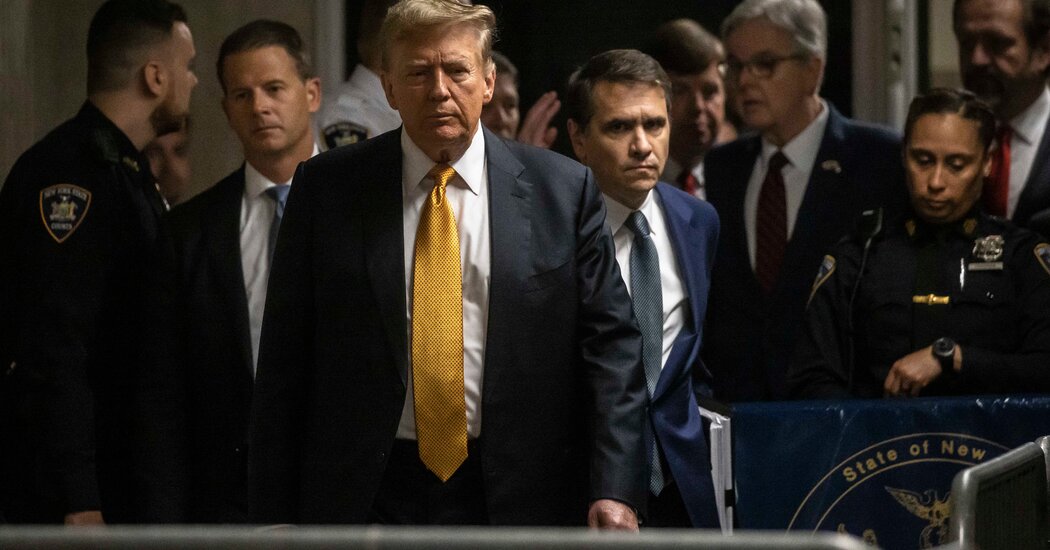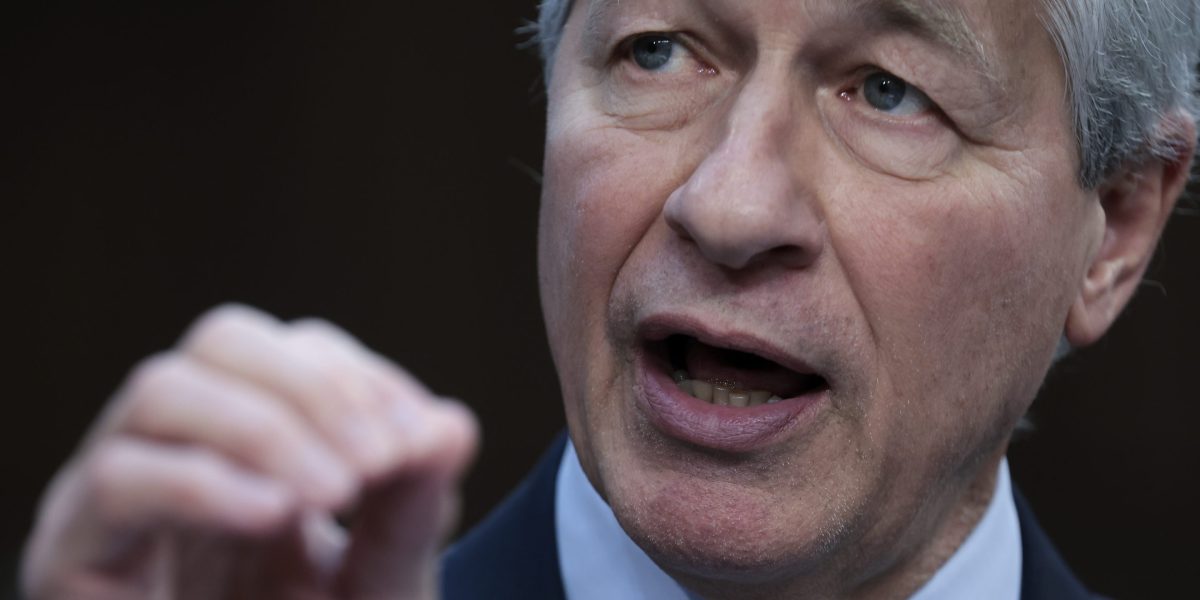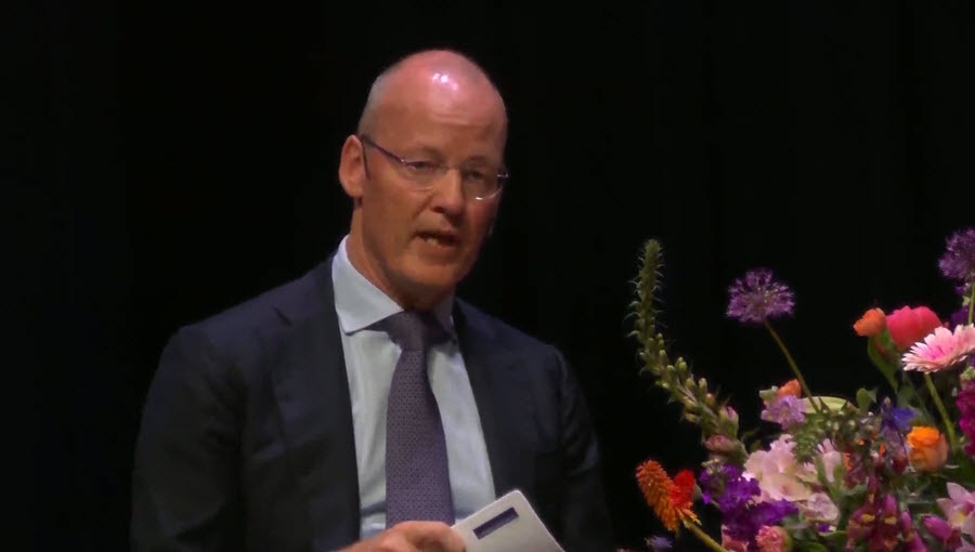Closing arguments start Tuesday in the Manhattan hush-money trial of Donald J. Trump, signaling the final stages of the first criminal trial of an American president. Both prosecutors and defense lawyers will make their final cases for his guilt or innocence before jurors deliberate Mr. Trump’s fate.
In closing arguments, both sides will have more freedom than in opening statements as they work to persuade jurors of their interpretations of the facts that were presented at trial. While opening statements are restricted to evidence, the prosecution and the defense will use closing arguments to argue how and why the evidence, testimony and law support a specific verdict.
Closing arguments are expected to last for most or all of Tuesday and perhaps beyond. After closing arguments, the judge, Juan M. Merchan, will provide instructions to the 12 members of the jury that are meant to guide their deliberations. Lawyers on both sides tried to shape and, in some cases, limit the instructions during a conference with Justice Merchan last week.
From there, the case will be in the hands of the jurors, who will consider whether prosecutors proved beyond a reasonable doubt that Mr. Trump was guilty on all, some or none of the 34 felony counts with which he has been charged.
The charges stem from a $130,000 payment made by Mr. Trump’s former fixer and personal lawyer, Michael D. Cohen, in the days before the 2016 election to silence Stormy Daniels, a porn star who said she had sex with Mr. Trump a decade earlier. Prosecutors say Mr. Trump sought to cover up the sex scandal because he believed it would derail his campaign.
In 2017, after Mr. Trump had been elected and was in the White House, Mr. Cohen was reimbursed, and prosecutors have argued that Mr. Trump falsified business records to try to conceal the hush-money deal and the repayment.
The counts have been charged as felonies, because prosecutors say that the former president falsified business records to conceal a second crime. That, they have argued, was a violation of New York’s election law. (Prosecutors do not have to prove beyond a reasonable doubt that Mr. Trump committed the election crime.)
During deliberations, Mr. Trump is required to be at the courthouse in Lower Manhattan. After deliberations, which could last hours, days or weeks, the jurors can return a range of verdicts — guilty or not guilty on all counts; guilty of some and not others; and a failure to reach a verdict on some counts or even all.
If jurors can’t reach a decision at all, the judge would declare a mistrial — and prosecutors could bring the case again.
The jury’s verdict will be handed to Justice Merchan, who will review the decision before handing it back to the jury foreperson to read the outcomes out loud in the courtroom.
If Mr. Trump is found guilty of any count, he would be sentenced at a hearing scheduled for a later date. The 34 counts are all Class E felonies, the lowest level in New York State. They each carry a sentence of up to four years in prison.
If Mr. Trump were to be convicted of more than one count, Justice Merchan would likely impose a concurrent sentence, under which Mr. Trump served all prison time simultaneously. Mr. Trump could also be sentenced to probation.
Further, Mr. Trump would undoubtedly appeal any conviction, a process that could take months or longer.















